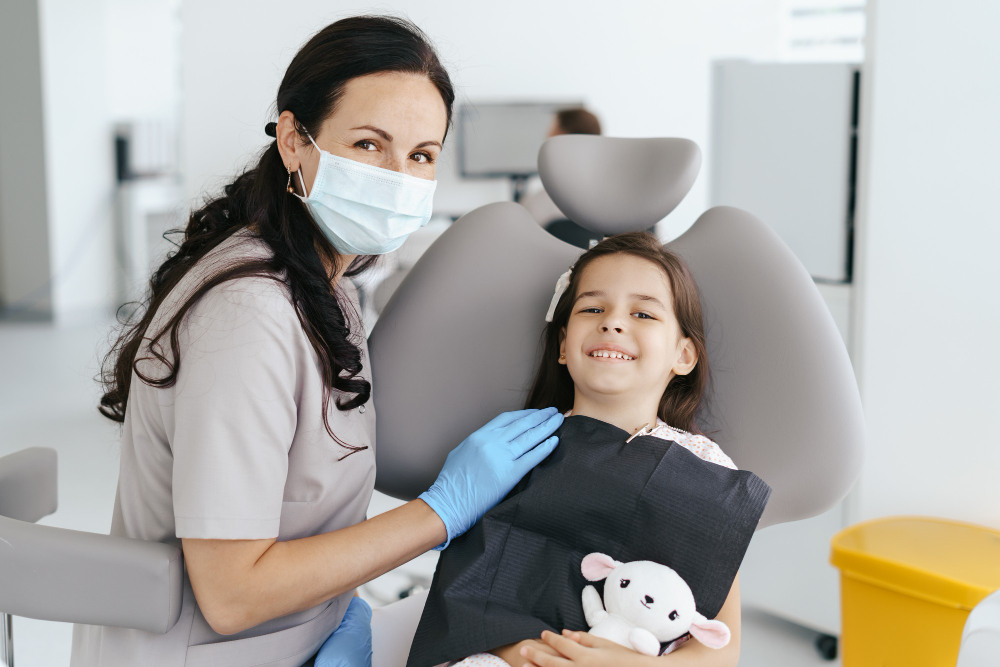POLLUTION AND ORAL HEALTH
 Air pollution and climate change are topics that everyone is aware of. While the need to act on these problems on a global level is what we talk about, few people realize the various ways in which pollution affects our health. For example, most people do not know that it has a serious impact on our dental health. Yes, that's right - air pollution can cause tooth enamel softening, erosion and discoloration and can make teeth brittle; it can also increase the likelihood of cavities and affect a fetus by increasing the possibility of the infant being born with a cleft palate. Other pollution-related health issues include inflammation of the mouth and airways, toxic compounds being absorbed by tooth enamel, chipping of teeth due to chlorine exposure and children being born with inherited dental problems. Endocarditis, diabetes complications, respiratory issues, heart attacks, strokes and pregnancy complications have been linked to gum diseases like periodontitis and gingivitis. Gum disease is also the leading cause of tooth loss in adults in the U.S. The incidence of pediatric tooth extraction is also on the rise.
Air pollution and climate change are topics that everyone is aware of. While the need to act on these problems on a global level is what we talk about, few people realize the various ways in which pollution affects our health. For example, most people do not know that it has a serious impact on our dental health. Yes, that's right - air pollution can cause tooth enamel softening, erosion and discoloration and can make teeth brittle; it can also increase the likelihood of cavities and affect a fetus by increasing the possibility of the infant being born with a cleft palate. Other pollution-related health issues include inflammation of the mouth and airways, toxic compounds being absorbed by tooth enamel, chipping of teeth due to chlorine exposure and children being born with inherited dental problems. Endocarditis, diabetes complications, respiratory issues, heart attacks, strokes and pregnancy complications have been linked to gum diseases like periodontitis and gingivitis. Gum disease is also the leading cause of tooth loss in adults in the U.S. The incidence of pediatric tooth extraction is also on the rise.
Also Read: Grinding and Clenching Teeth – The Harmful Effects
WHAT YOU NEED TO DO
Making oral hygiene an important part of your daily routine is the best way to keep your mouth, teeth and gums healthy and by doing so, reduce the risk of pollution-related health issues from spreading to other parts of the body. The basics of oral hygiene are well-known but not always followed. We tend to take the care routine for granted and over time, allow our standards to slip. Ask yourself if you:
- Brush your teeth in the morning and at night.
- Floss before brushing.
- Use an ADA-approved toothpaste.
- Control your consumption of sugary foods (this helps your health in so many ways).
- Include foods that are good for your teeth in your diet (your dentist will tell you what these are).
- Pay attention to any minor dental problems that may appear or if you ignore them till they go away.
- Visit your dentist regularly.
Be honest with yourself. Are there some steps you frequently skip? Most people will say yes. Dental problems start small and slow and you may not notice that you have an issue until it becomes painful and causes discomfort. Teaching your children the principles of the best pediatric dental care will help them for the rest of their lives.
Also Read: Women and Oral Health
The mouth does not exist in isolation - anything that negatively impacts dental health can have a cascading effect on other parts of the body. Good oral hygiene and a consistent care routine will greatly reduce the risk of pollution-related oral health issues. However, there is never a guarantee that even with the best precautions, oral health problems will not arise. That is why regular visits to your dentist are so important. A dentist will be able to identify incipient and developing oral health issues early. That means that treatment can begin before the condition becomes a more serious one which in turn leads to a faster recovery. With the right care, your teeth can last you a lifetime and that is good for your physical, mental and emotional health. So many great things in life start with a great smile.
As an individual, you cannot control the air you breathe and the pollution that surrounds you. But you can take precautions to minimize the impact they have on your teeth, gums, mouth and the rest of your body.
- May 05, 2023
